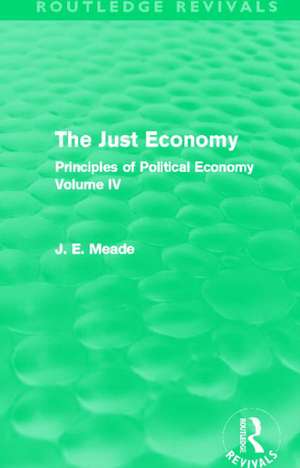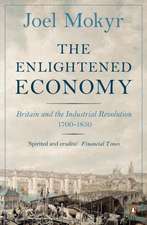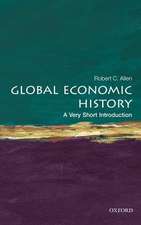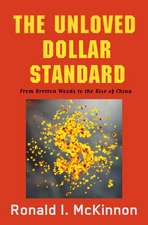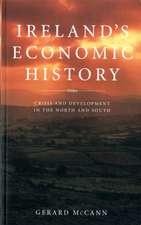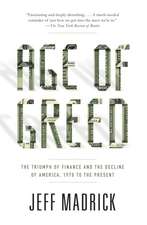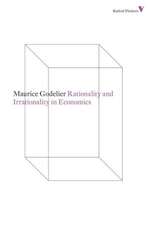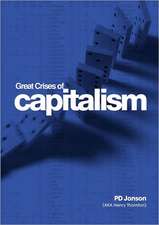The Just Economy: Principles of Political Economy Volume IV: Collected Works of James Meade
Autor James E. Meadeen Limba Engleză Paperback – 23 oct 2013
| Toate formatele și edițiile | Preț | Express |
|---|---|---|
| Paperback (1) | 247.40 lei 6-8 săpt. | |
| Taylor & Francis – 23 oct 2013 | 247.40 lei 6-8 săpt. | |
| Hardback (1) | 987.33 lei 6-8 săpt. | |
| Taylor & Francis – 27 apr 2012 | 987.33 lei 6-8 săpt. |
Preț: 247.40 lei
Preț vechi: 296.34 lei
-17% Nou
Puncte Express: 371
Preț estimativ în valută:
47.34€ • 49.53$ • 39.33£
47.34€ • 49.53$ • 39.33£
Carte tipărită la comandă
Livrare economică 03-17 aprilie
Preluare comenzi: 021 569.72.76
Specificații
ISBN-13: 9780415621786
ISBN-10: 041562178X
Pagini: 248
Dimensiuni: 138 x 216 x 14 mm
Greutate: 0.45 kg
Ediția:1
Editura: Taylor & Francis
Colecția Routledge
Seria Collected Works of James Meade
Locul publicării:Oxford, United Kingdom
ISBN-10: 041562178X
Pagini: 248
Dimensiuni: 138 x 216 x 14 mm
Greutate: 0.45 kg
Ediția:1
Editura: Taylor & Francis
Colecția Routledge
Seria Collected Works of James Meade
Locul publicării:Oxford, United Kingdom
Cuprins
1. The Objectives of Economic Policy 2. Interpersonal Comparisons of Welfare 3. The Distinction Between Efficiency and Welfare 4. The Objectives of Distributional Policies 5. Demographic Changes 6. Distribution over Time 7. Measurements and Patterns of Inequality 8. Competition and the Distribution of Income 9. The Intergenerational Transmission of Endowments 10. Assortative Mating and Social Mobility 11. The Accumulation and Inheritance of Property 12. Differential Fertility 13. A Catalogue of Redistributional Policies
Recenzii
‘The content is austerely theoretical, being concerned with the application of economic analysis, but not with its relation to empirical evidence or with the testing of economic theories. The style is a model of lucidity and everything is planned with care.’ – New Society
Descriere
First published in 1979, this fourth part of Principles of Political Economy applies the tools of economic analysis to the distribution of income and property. Professor Meade considers the problems of making interpersonal comparisons of welfare and of distinguishing between the efficiency and distributional aspects of changes in social welfare.
